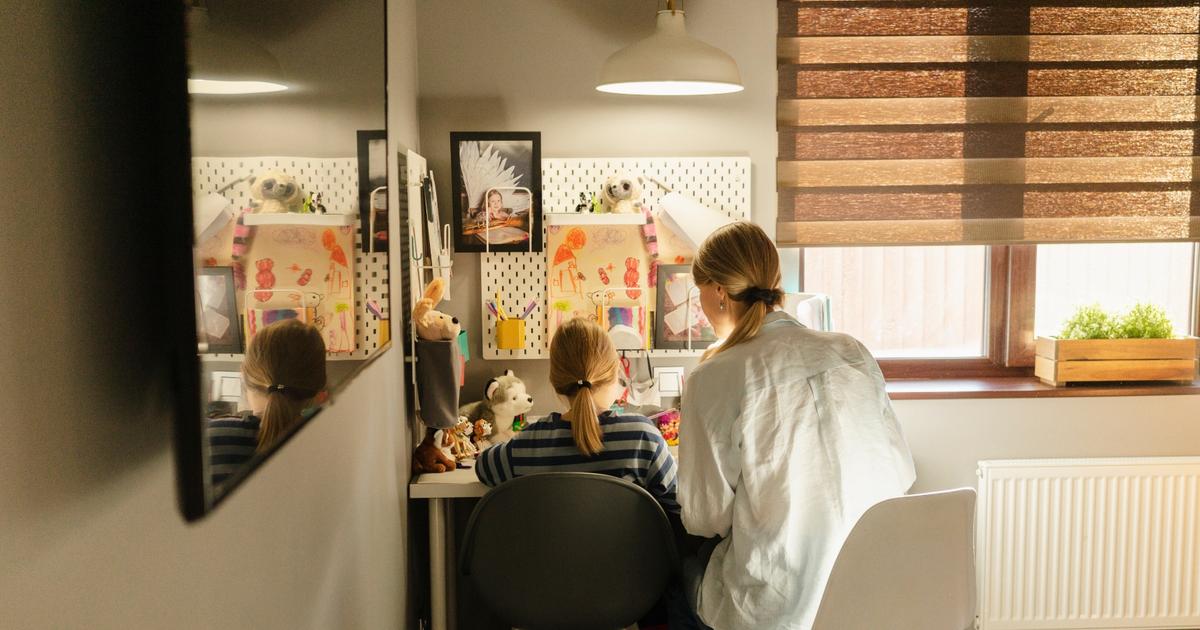Enlarge image
Worker in China: Corona throws women back globally
Photo: Mu Yu / dpa
Even before Corona, global equality was not good for men and women.
According to an analysis by the Foundation of the World Economic Forum (WEF), the pandemic has caused further major damage here.
Accordingly, the 2020 corona year threw back equality for women by decades.
As early as 2019, the WEF expected that if the trends remained the same, it would take 95 years to achieve equality.
After the devastating developments of the first corona year, it is now 135.6 years.
Women continue to be confronted with hurdles in economic life and political participation.
For many, it remains a challenge to stay with a family in professional life, according to the WEF report.
Germany fell one place in the international equality index and is now 11th out of 156 countries.
In 2006 the Federal Republic was still in 5th place.
Household and care are mostly left to women
The pandemic hit women especially because they were above average in industries that were affected by restrictions, according to the WEF paper.
In addition, the household as well as child or senior care were disproportionately stuck to women.
That is why more investments are needed in the care sector.
Politicians must ensure that men and women can equally take on care tasks.
There should be more training for women in the middle of their careers and guidelines that prevent discrimination in employment and promotion.
In the WEF analysis, Germany comes off badly in the indicator for equal pay for comparable work: 97th place out of 156 countries.
The gap here is therefore 38.6 percent.
The average income of women in Germany is around 30.2 percent lower than that of men.
France, Denmark and the USA even worse than Germany
The Federal Statistical Office recently published data on the gap between men and women in terms of wages and salaries.
Accordingly, women in Germany earned an average of 18 percent less than men in 2020.
The difference in earnings - the so-called gender pay gap - is the difference between the average gross hourly earnings.
Unadjusted, it generally compares the average earnings of all employees.
However, a large part of the pay gap has less to do with direct wage discrimination, but stems from the fact that women are more likely to work in lower-paid industries and occupations and less often in management positions.
According to the WEF, France (39 percent), Denmark (38 percent) and the USA (35 percent) do even worse than Germany in terms of equal pay.
However, Sweden scores best among the highly developed countries, but here, too, researchers calculate an income difference of 18 percent.
The authors see Iceland, Finland, Norway, New Zealand, Sweden, Namibia and Rwanda as being particularly far on equality.
Western Europe as a whole performed well in the study.
According to the analysis, there is a deep gender gap in the Middle East and North Africa.
mmq / dpa / Reuters









/cloudfront-eu-central-1.images.arcpublishing.com/prisa/NYBERFPPHVEJVER4FIRIEAGGX4.jpg)